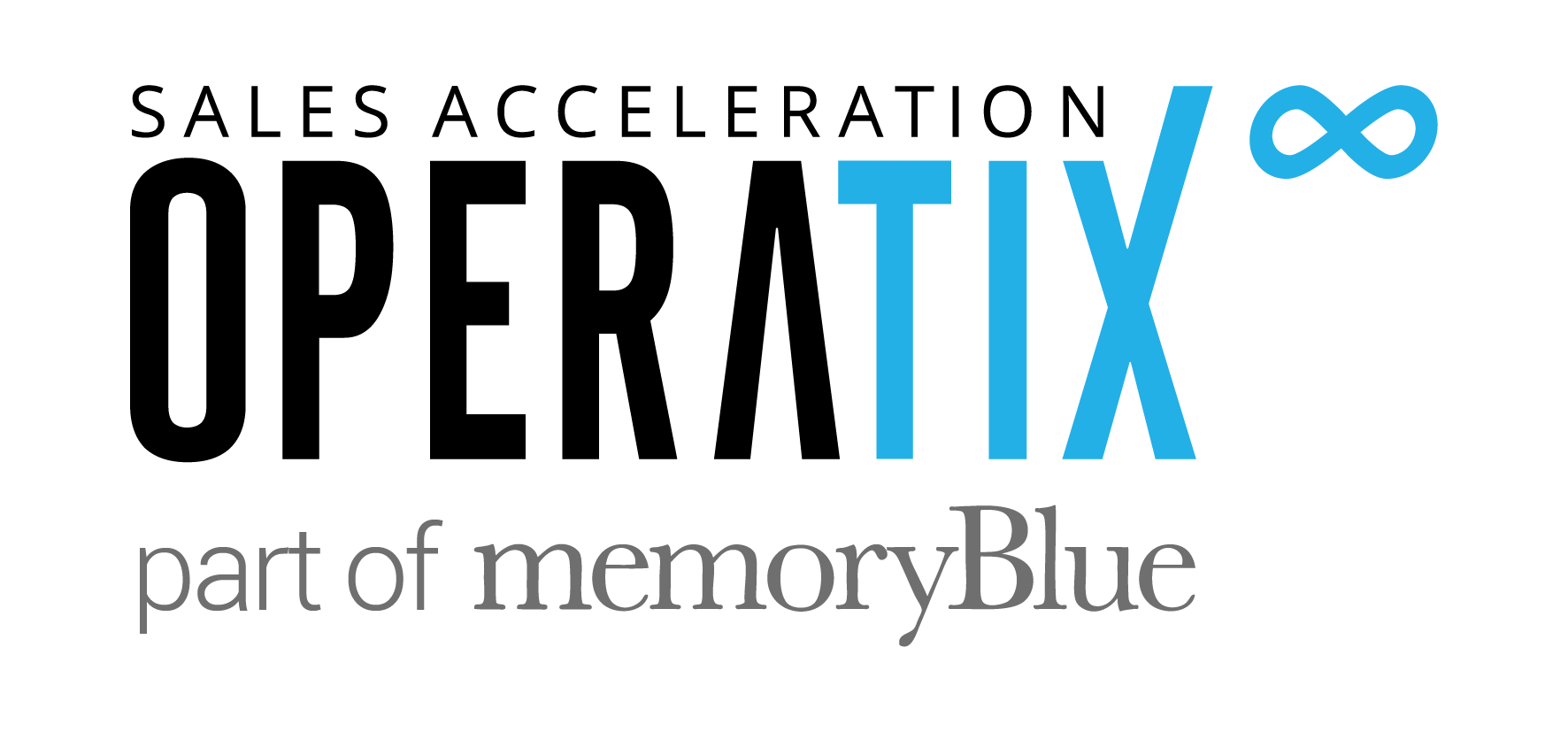Years before the Covid-19 pandemic made remote work the norm, Jack Mardack, cofounder of global HR platform Oyster® was building his vision of a world in which, through remote working, people could carve out a great career for themselves wherever they were in the world.
He co-founded Oyster, whose goal is: to make it easy for growing companies to tap the global talent pool, to hire, pay, and offer great benefits to their people wherever they may be. It’s a solution to the many adaptations people have had to make as remote work evolves and companies look to recruit remotely.
But where are we headed when it comes to post-pandemic productivity and what are the benefits of hiring talent remotely?
Will we lean more towards remote work, slowly make our way back into the office, or will we meet somewhere in the middle?
Jack says it’s both.


Everyone’s wondering, ‘Where will we equilibrate after this?’ Right? And so I think, somewhere in the middle is the clear answer.
Jack Mardack – Cofounder of global HR platform, Oyster®
The Transformation of Knowledge Work
The best way to understand where we’re heading is to understand where we came from. To do so, Jack looks at the pandemic as a catalyst event.
After the factory era of work, the birth of knowledge work emerged from working in the office. People came together to solve informational problems — their minds being a main source of capital — and over time it evolved to be what we know as the modern working world.
“We did amazing things as a human species together in this context of doing knowledge work in close proximity to each other,” Jack said. “Where we could share information, could have conversations, and advance on these complicated problems of information.”
Jack says we were already heading towards a more remote working culture as knowledge work continually changes and transforms.
Remote work was already underway with:
- The increased broadband, access, and mobility of the internet
- The readiness of software tools like Slack and Zoom
- The shifting behavioral norms around knowledge work


The pandemic was not just about the acceleration of remote working; the pandemic has accelerated the transformation of knowledge work.
Jack Mardack – Cofounder of global HR platform, Oyster®
Positive and Negative Impacts of Remote Work
Companies are making adaptations in pursuit of better ways of working. Some companies have declared themselves 100% remote, while others find the need to have people in the office. It turns out, like most things, there are pros and cons to both.
Pros of remote work:
- Increased work-life balance/overall health & happiness
- Accelerated organizational performance
- Scaling back, redistributing revenue, cost saving
- A diversity of new talent
As for hiring new remote talent, one of the main reasons that companies are so interested in this new way of working is that they gain access to people that are beyond what might have been a small radius. This has both economic benefits as well as the ability to bring in talented individuals with diverse backgrounds and diverse viewpoints to come together to create what Jack calls, “a superpower around talent acquisition.”


Part of what the pandemic has taught us is that people are really a company’s most important asset.
Jack Mardack – Cofounder of global HR platform, Oyster®
However, it can be expensive to hire globally, and there are a number of other very legitimate concerns for people wanting to go back to the office.
Cons of remote work:
1. Barriers around regulations of employment & legal compliances
2. Access to resources
3. Onboarding and training hurdles
4. Lack of company culture & socialization


The situation of the pandemic will pass, but we’ll be left with the catalytic effects and those catalytic effects apply to the ongoing transformation of knowledge work.
Jack Mardack – Cofounder of global HR platform, Oyster®
Where to Next?
The pandemic has shown us just beyond the tip of the iceberg. But whether you prefer working remotely or working in the office, one thing is certain: this is just the beginning of the full potential of where remote work is headed.
Each company will have to make the decision on their own.
For now, it’s all about finding balance.
Want to hear more? Find us on Apple Podcasts, Spotify, or here.
Listening on a desktop & can’t see the links? Just search for [B2B Revenue Acceleration] in your favorite podcast player.





